Top Qs
Timeline
Chat
Perspective
Academy Award for Best Original Screenplay
Best screenplay not based upon previously published material From Wikipedia, the free encyclopedia
Remove ads
The Academy Award for Best Original Screenplay is the Academy Award (also known as an Oscar) for the best screenplay not based upon previously published material; writers with "written by", "screenplay" or "story" credits are all collectively recognized as recipients for each nomination.
The category was created in 1940, and has always existed concurrently with the Best Adapted Screenplay category (conversely for films based on pre-existing intellectual properties); originally, it also co-existed with a third writing category, Best Story, which had been active since the original Academy Awards ceremony in 1929; this latter award was meant to reward specifically writers who originated a film's plot and characters rather than those who wrote the dialogue and final screenplay, although Best Story would later be merged into Best Original Screenplay in 1956.
Remove ads
Eligibility
Screenplays are eligible if they are not based on "previously published material". The Writer's Branch of the academy determines if a screenplay is adapted or original, based on possible sources in question, interviews given about the film and the film's publicity materials, and sometimes places screenplays in a different category than the Writers Guild of America. For the 75th Academy Awards, Gangs of New York was nominated as an original screenplay despite being based on the book The Gangs of New York because the writers based the film on the book's historical research but largely invented the characters and plot.[1] For the 89th Academy Awards, Moonlight was campaigned as an original screenplay, being based on an unpublished play, but was ultimately placed in the adapted screenplay category, which it won.[2] Similarly, Whiplash was considered an adapted screenplay at the 87th Academy Awards despite being written as an original screenplay because a scene from the script was produced as a proof-of-concept short film. However, 2008's Frozen River, which similarly had a proof-of-concept short film screened at film festivals, was nominated as an original screenplay.[3]
Remove ads
Superlatives
Summarize
Perspective

Woody Allen has the most nominations in this category with 16, and the most awards with 3 (for Annie Hall (1977), Hannah and Her Sisters (1986), and Midnight in Paris (2011)). Paddy Chayefsky and Billy Wilder have also won three screenwriting Oscars: Chayefsky won two for Original Screenplay (The Hospital and Network) and one for Adapted Screenplay (Marty), while Wilder won one for Adapted Screenplay (The Lost Weekend, shared with Charles Brackett), and two for Original Screenplay (Sunset Boulevard, shared with Brackett and D. M. Marshman Jr., and The Apartment, shared with I. A. L. Diamond)
Woody Allen also holds the record as the oldest winner (76) for Midnight in Paris.[4] Ben Affleck is the youngest winner (25) for Good Will Hunting, co-written with Matt Damon (27).
Richard Schweizer was the first to win the award for a foreign-language film, Marie-Louise (French). Other winners for a non-English screenplay include Albert Lamorisse (The Red Balloon; French), Pietro Germi (Divorce Italian Style; Italian), Claude Lelouch (A Man and A Woman; French), Pedro Almodóvar (Talk to Her; Spanish), Bong Joon-ho and Han Jin-won (Parasite, Korean), and Justine Triet and Arthur Harari (Anatomy of a Fall, French). Lamorisse is the only person to win or even be nominated for Best Original Screenplay for a short film.[5]
Frances Marion (The Big House) was the first woman to win for her original script, although she won Best Writing, which then included both original and adapted screenplays before a separate award for Best Original Screenplay was introduced. Muriel Box (The Seventh Veil) was the first woman to win in this category; she shared the award with her husband, Sydney Box. They are also the first of two married couples to win in this category; Earl W. Wallace and Pamela Wallace (Witness) are the others.
In 1996, Joel Coen and Ethan Coen became the only siblings to win in this category (for Fargo).[6] Francis Ford Coppola (Patton, 1970)[7] and Sofia Coppola (Lost in Translation, 2003) are the only father-daughter pair to win.[8] Kenny and Keith Lucas are the only African-American siblings to receive a nomination in this category (Judas and the Black Messiah, 2020/21).[9]
Frank Butler was nominated for two different films in the same year, both with a co-writer (1942): Road to Morocco, with Don Hartman, and Wake Island, with W.R. Burnett. Preston Sturges was nominated solo for two different films in the same year (1944): Hail the Conquering Hero and The Miracle of Morgan's Creek. Oliver Stone achieved the same distinction in 1986, for Platoon and Salvador. Maurice Richlin and Stanley Shapiro were nominated in 1959 for both Operation Petticoat and Pillow Talk and won for the latter.
Jordan Peele became the first and only African-American to win in this category for 2017's Get Out.[10]
Bong Joon-ho and Han Jin-won became the first Asian writers to win either Screenplay award, for 2019's Parasite.[11][12] This was also the most recent of 10 occasions when Oscars in this category have been awarded to writers for both screenplay AND story on one film (sometimes they have been completely different, and sometimes the credited screenplay author also contributed to the story alongside at least one other credited scribe).
Remove ads
Winners and nominees
Summarize
Perspective
Winners are listed first in the colored row and denoted by double dagger (‡), followed by the other nominees.
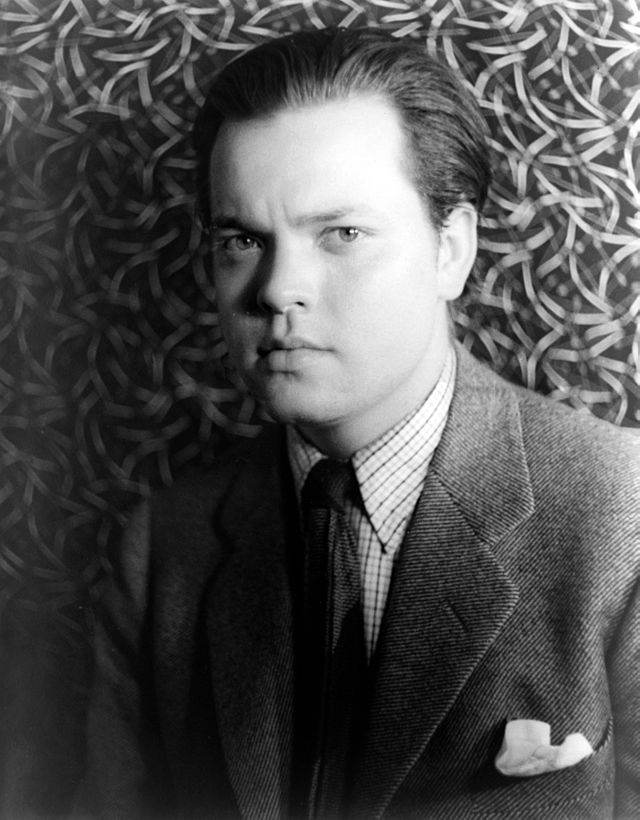





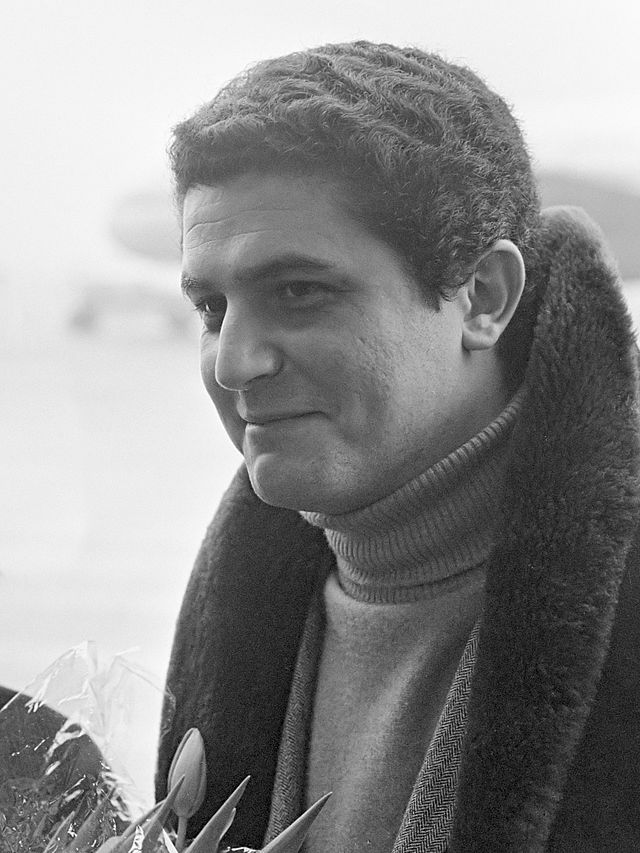
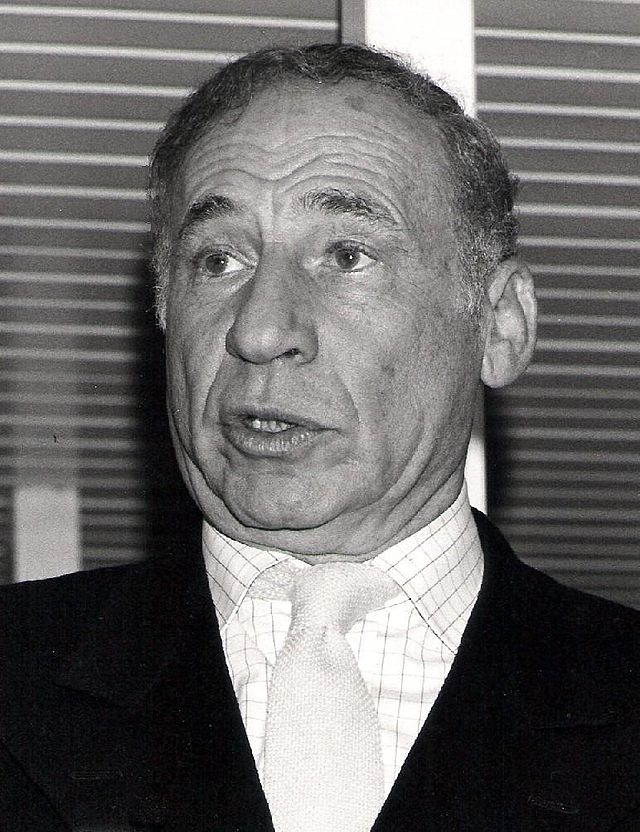



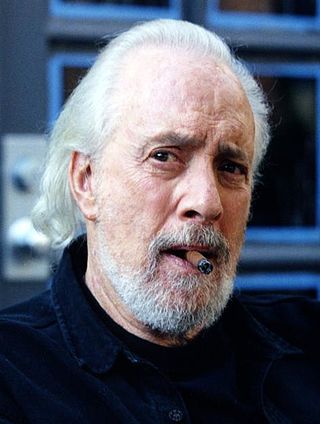




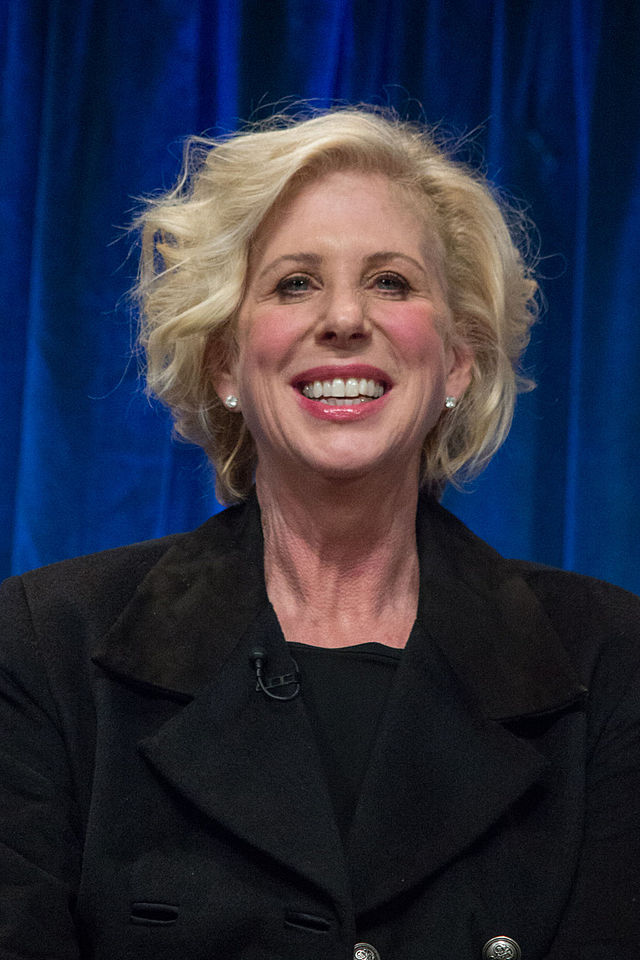

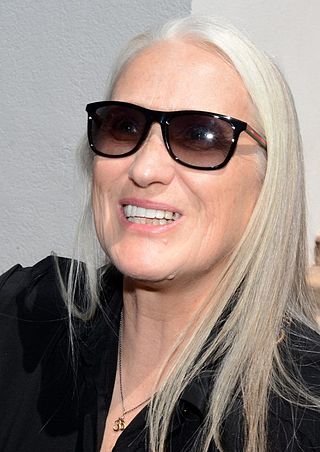





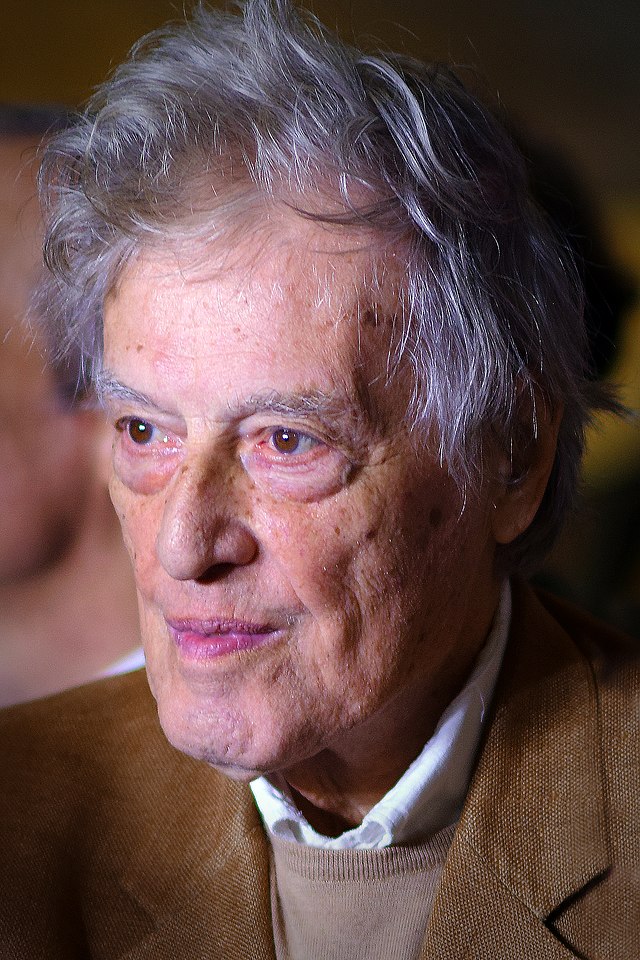

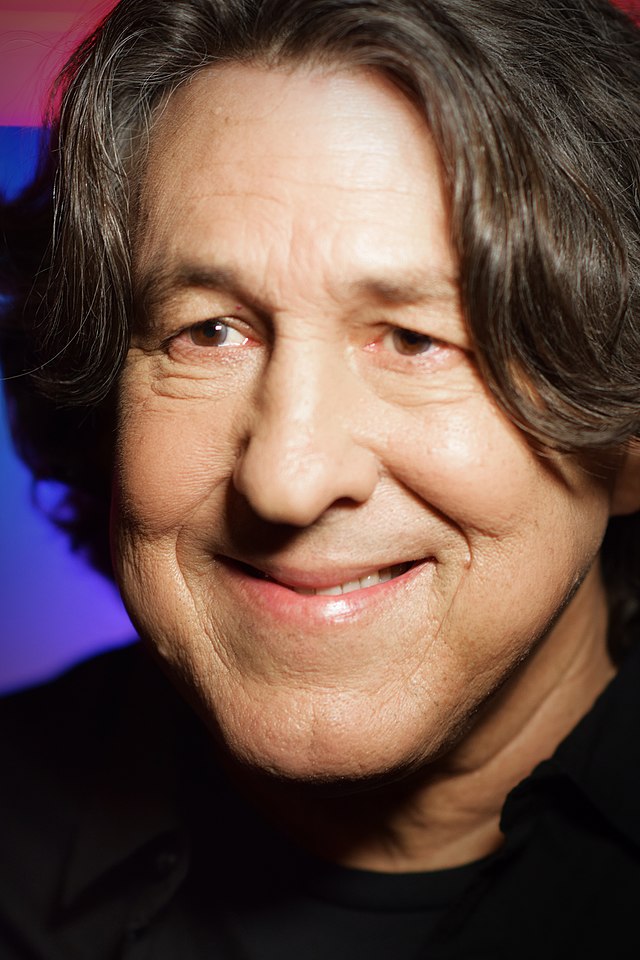













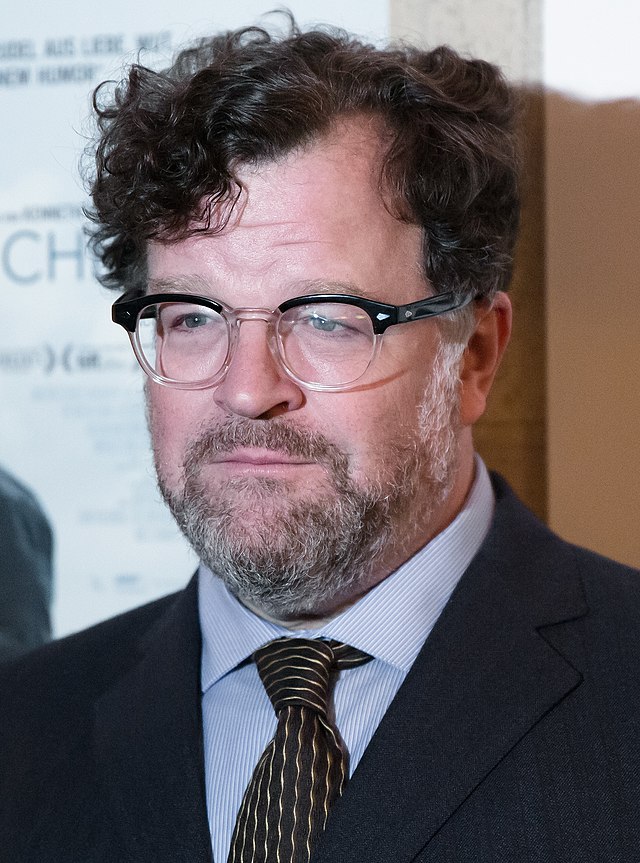
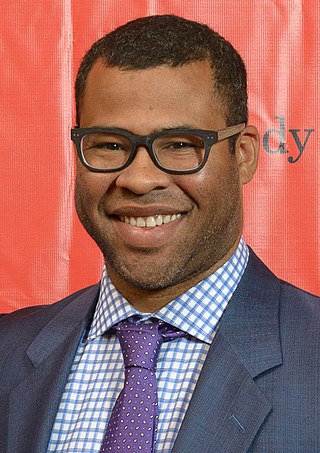







1940s
1950s
1960s
1970s
1980s
1990s
2000s
2010s
2020s
Remove ads
Multiple wins and nominations
Summarize
Perspective
Remove ads
Age superlatives
Remove ads
See also
- Academy Award for Best Story
- Golden Globe Award for Best Screenplay
- BAFTA Award for Best Original Screenplay
- Independent Spirit Award for Best Screenplay
- Critics' Choice Movie Award for Best Screenplay
- List of Big Five Academy Award winners and nominees
- List of Academy Award–nominated films
- Writers Guild of America Award for Best Original Screenplay
Notes
- Best Original Screenplay was consolidated in 1948 for a singular Best Screenplay award. The winner was The Treasure of the Sierra Madre, adapted from the novel of same name.
- In 1958, Nedrick Young was blacklisted and writing under the pseudonym Nathan E. Douglas. The Academy's Board of Governors voted in 1993 to restore Young's nomination and award.
- The eligibility period for the 93rd ceremony was extended through to February 28, 2021, due to the impact of the COVID-19 pandemic.
Remove ads
References
Wikiwand - on
Seamless Wikipedia browsing. On steroids.
Remove ads

